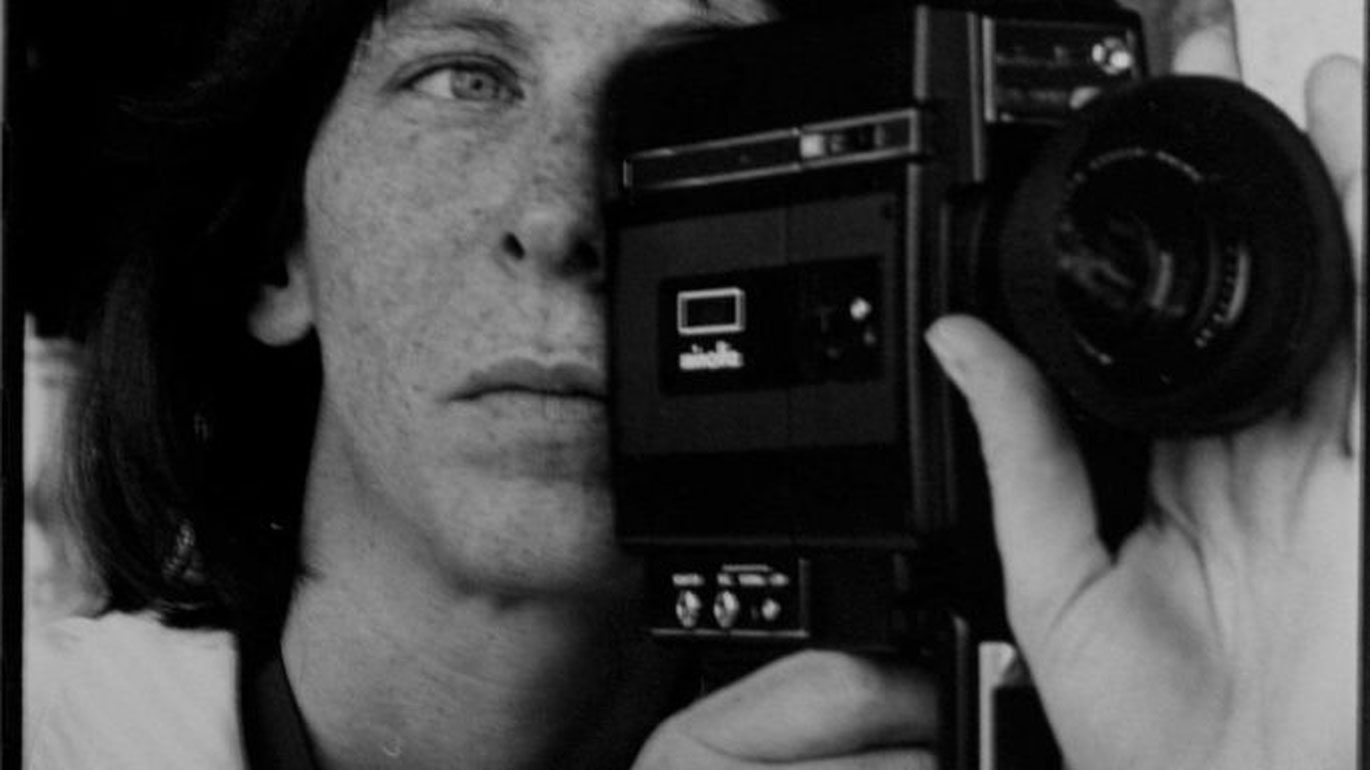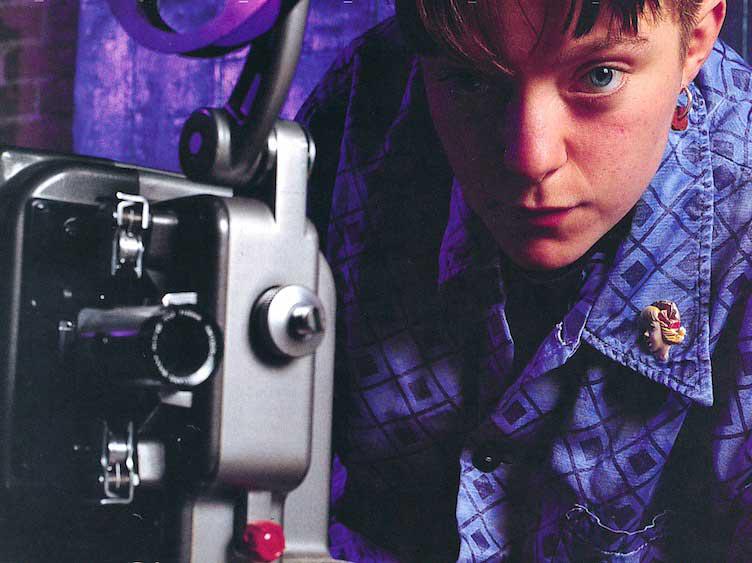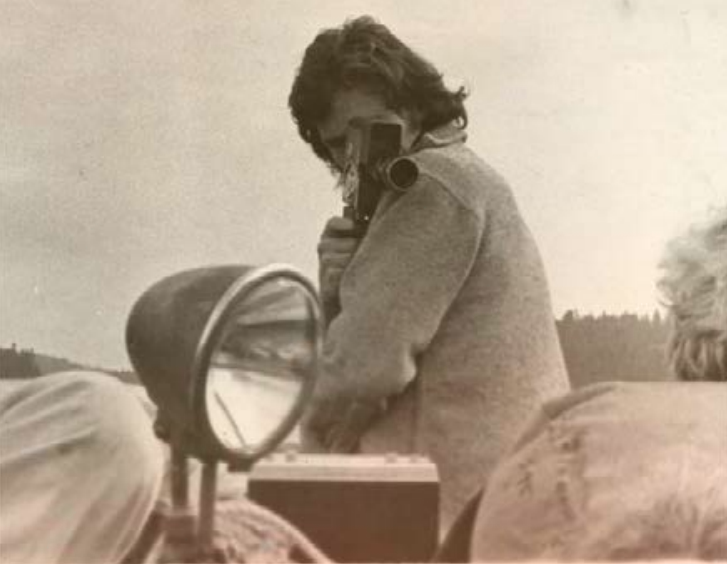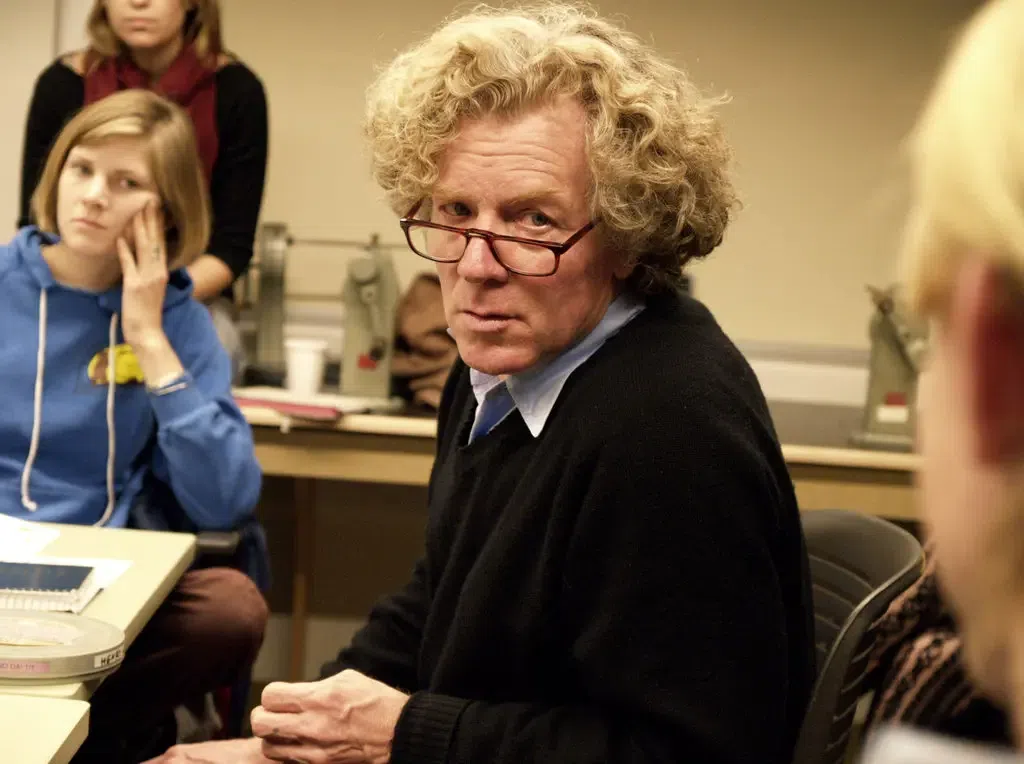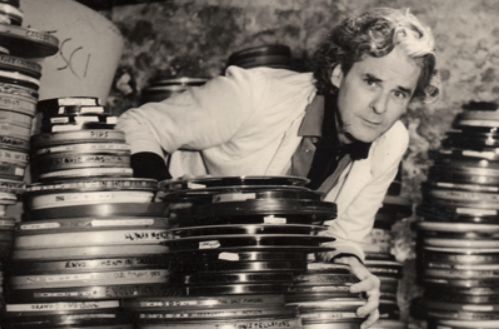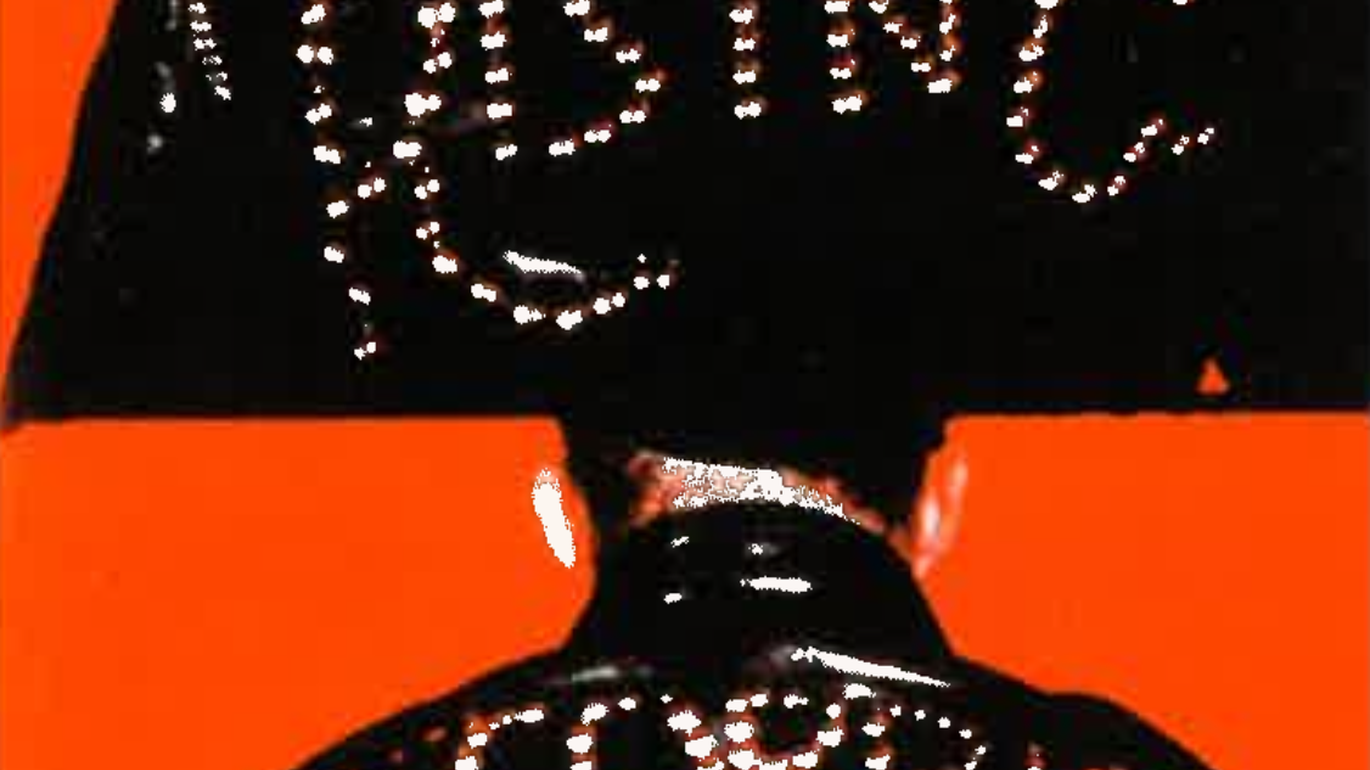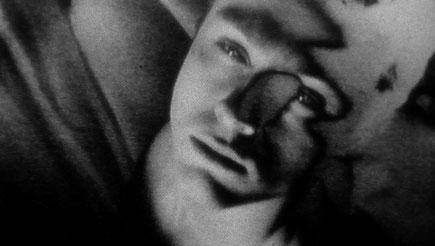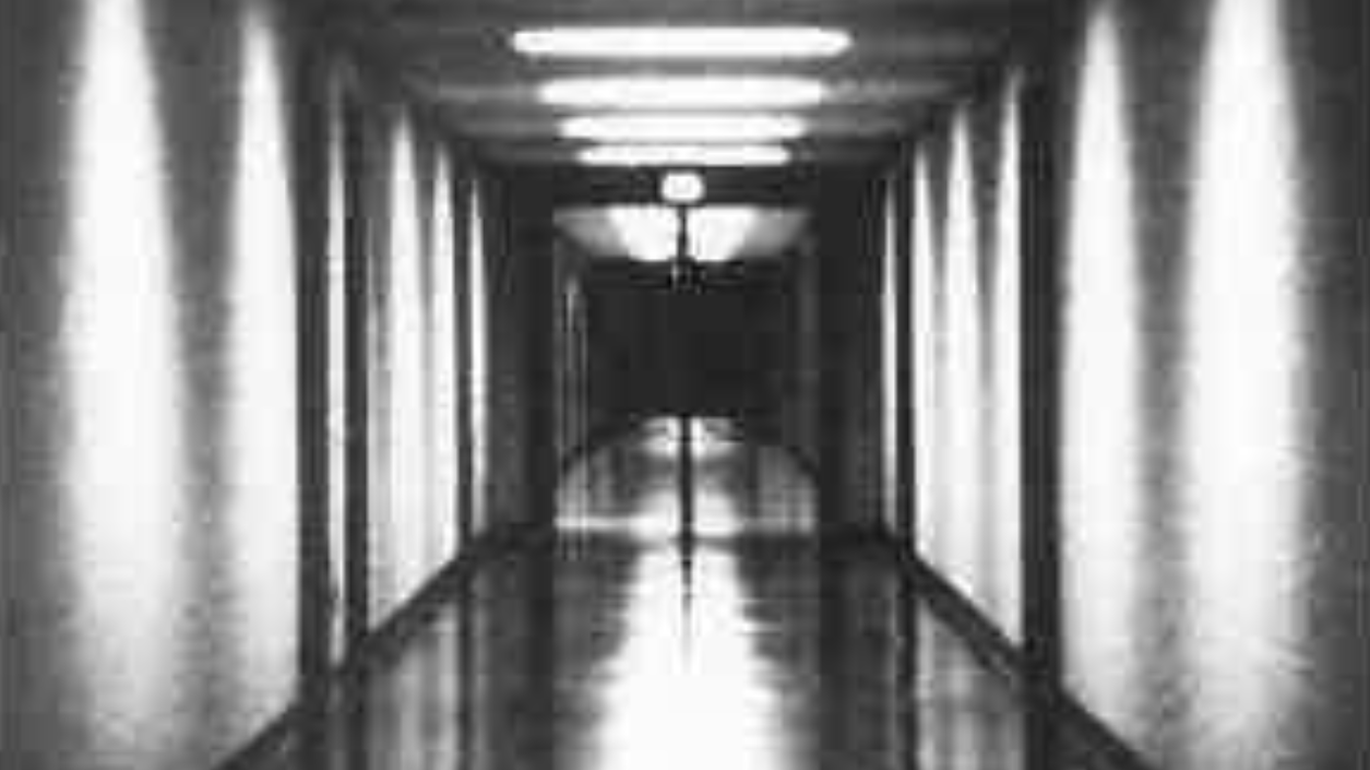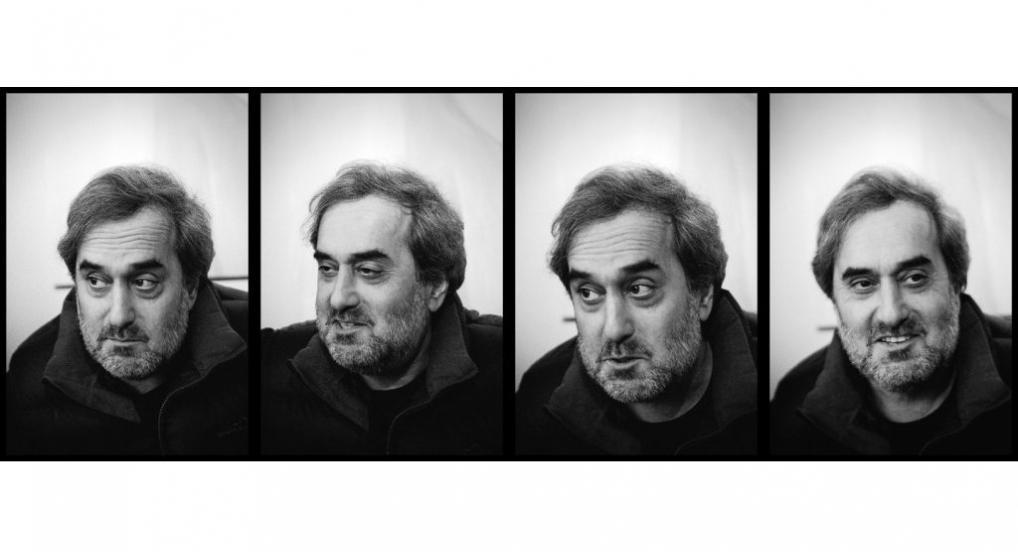Born in New York, high school in Rio de Janeiro and university studies (psychology and film) at the Sorbonne in Paris: Vivian Ostrovsky's biography establishes the motif of 'continuous transit' that characterises her cinematic work. In
In the 1970s, she worked for Ciné-Femmes, a feminist film company. When she decided to make films, she cont…
Born in 1972, she was given the Fisher Pixelvision 2000 by her father, the film artist James Benning, for Christmas when she was 15. Actually designed as a toy video camera, easy to operate, always ready with projection films in the frame, it caught on less with children than with avant-garde artists.
Sadie's first works, such as Welcome to Norma…
Born 1942 in Vancouver. Professor of film at the Emily Carr College of Art and Design there. David Rimmer began making films in the late 1960s. Early works such as Square Inch Field (1968) and Migration (1969) were influenced by the lyrical-poetic films of Stan Brakhage and Bruce Conner as well as Rimmer's preoccupation with oriental music.
At the…
Born in Detroit in 1944, the son of a sailor, he signed on at the age of 18 and only later entered the West Coast art scene. He studied painting and sculpture at the San Francisco Art Institute. In the seventies he was director of the Canyon Cinema Cooperative for several years. He has taught at Hampshire College, Massachusetts, and Harward Univer…
Born and raised in Sacramento, California. Studied film with Bruce Conner at San Francisco State University. His interest in the construction of new meanings through the use of found footage led him to the theories of the "Situationist International" and to borderline areas of the visual arts such as copy art, mail art and the alienation of billbo…
Born in Santa Monica in 1930, Kenneth Anger is one of the most enigmatic figures of New American Cinema. Many stories are entwined around countless films that were planned, cancelled, stolen, destroyed voluntarily and by someone else. Often recut by Anger or given a new soundtrack, nine films - completed between 1947 and 1980 - remain as unique ma…
Born 1961 in Bielefeld. Studied art and German at the University of Bielefeld; from 1987-91 free art at the University of Fine Arts in Braunschweig. Exhibitions, participations in exhibitions and films - many in collaboration with Dirk Schaefer - since 1979.
Founding member of the film cooperative ALTE KINDER (1985). Numerous prizes and awards; pa…
Ernie Gehr (born 1943) is one of the most important independent filmmakers in the United States. Since the first screenings of Morning and Wait, he has completed 71 films that stand out for the highest degree of pure cinematic energy and expressiveness. Objective and lyrical at first glance, Gehr's work explores the perceptual as he ponders the wo…
In a sense, I consider all my footage as "found". (Eureka! I found it!) Being both cinematographer and realizer results in a shift in responsibility. As a realizer, I try to look at the material as SUCH and not as MINE. The person who shot the material no longer exists, he left a trace, an impression, some clues. I often try to make the raw footag…

